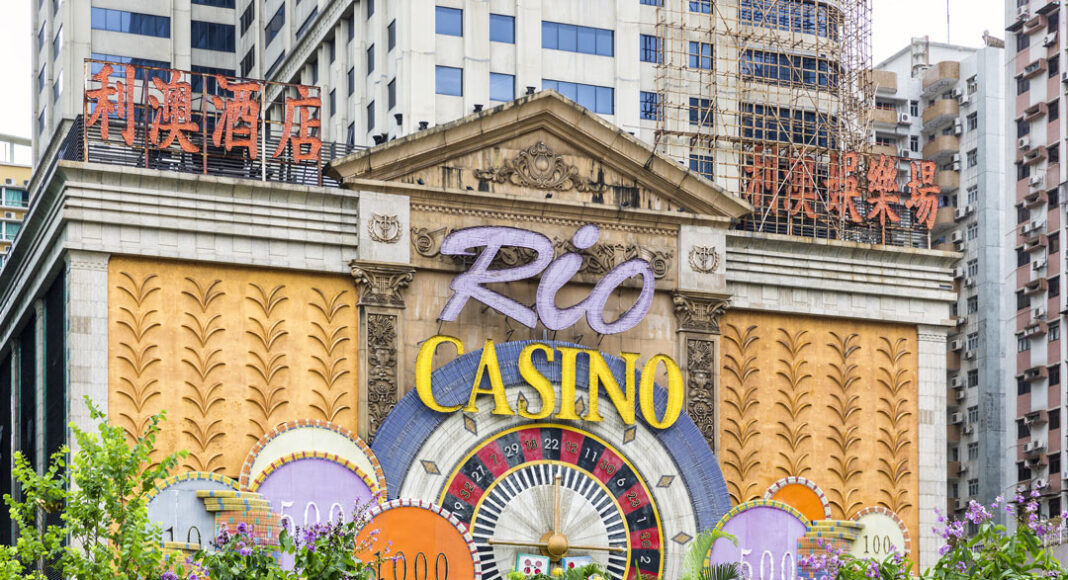Macau legislators proposed two key amendments to the city’s gaming law bill this week, but both are seen as short-term patches that do little to help solve some of the larger issues facing the industry.
One of the changes was a lifeline to Macau’s satellite casinos, which are owned by third-party investors, but which operate under the license of one of the concession holders, mostly SJM Holdings.
Under the original bill, the satellite casinos needed to be in a physical property that was owned by the concessionaire. They were given a three-year period to make the necessary arrangements.
The latest amendment says that the casinos will be able to operate beyond the three-year period, but there can be no commission or revenue-sharing agreements.
The changes to the satellite casinos were one of the areas that have generated the most debate when it comes to the new gaming law, due to the potential impact on employment in Macau if they go out of business.
Satellites account for about 18 of the 40 casinos in operation and employ some 78,000 staff, which legislators have said are the operators’ responsibility. Of the 18 satellite casinos, a total of 14 casinos are under the umbrella of SJM, while the other four are under Galaxy and Melco Resorts.

“From the casino operators’ point of view it’s a short-term reprieve,” said Ben Lee, managing partner of IGamiX Management & Consulting. “They do not want the burden of the extra costs. The management fees are miniscule and it’s not worth the headache for the operators.”
He added this is especially true at a time when there is so much uncertainty over the recovery of gaming revenue in Macau and China’s intentions when it comes to regular gamers to the city.
The other key change to emerge on the gaming law this week was the possibility of a tax cut if the operators can prove that they are bringing in visitors from outside the Greater China region.
The government acknowledged that it was offering up the incentive due to China’s ongoing crackdown on cross-border gaming.
“Considering the changes in the Chinese gaming criminal law, maybe we need to explore other markets, that’s why the government changed this article, to try and attract more foreign clients,” Chan Chak Mo, the chairman of a legislative committee evaluating the amended gaming law said.
Macau has one of the highest rates of gambling tax in the world at 39 percent. Of that, 35 percent is levied on gross gambling revenue, while the remainder is on other fees. The government is proposing that this extra 4 percent could be waived if the operators are successful in bringing in foreigners.
“There is no efficient way to segregate the mass market revenue so this tax discount proposal can only relate to VIP,” Lee said.
“The regional markets that make up the non-China VIP business (apart from Hong Kong) are quite uniquely distinct. Apart from the necessity for the casinos to retool and reconfigure their service offerings, I’m not sure discounting the tax rate by a nominal 4 percent from 40 percent can boost the attractiveness in terms of rebate incentives compared to the low tax rates of competing jurisdictions.”
Crunching the numbers this week, Credit Suisse said it saw few benefits to the industry from a four percent tax cut for those who could expand the visitor base. Even in a “blue sky scenario” where foreigners generate 10 percent of GGR, the EBITDA benefit is about 1.6 percent, it said.
This does not take into account the potential extra sales and marketing efforts to bring in a wider tourism base.
Lee also points out that while the government may be considering a tax cut, it has in fact imposed a “hidden” tax due to other amendments to the gaming law.
It will now impose a minimum level of gross gambling revenue that each table and machine has to achieve and if the operator fails to meet those levels it will be forced to pay a premium to the government.
While this is a way to ensure more stability for government finances, it pushes the risk of a volatile economy onto the operators, especially at a time when the outlook is so uncertain.
April was the worst month for gross gambling revenue in the city since the border with China reopened in October 2020, and after a brief blip during the Golden Week holidays in May, revenues have dropped off sharply again in the past week.
On Monday, Bernstein reported daily GGR of the latest week was only MOP50 million, which is some 44 percent below the average daily rate seen in April and analysts are now noting that at least part of the decline may be due to China’s ongoing crackdown on cross border gambling.
Beijing is tightening its visa policies and targeting those who have visited China more than three times in each of the past three years.
If this is maintained, it will have a major impact on the VIP direct and premium mass business and has the potential to affect as much as 20 percent of total industry GGR, Credit Suisse has said.











